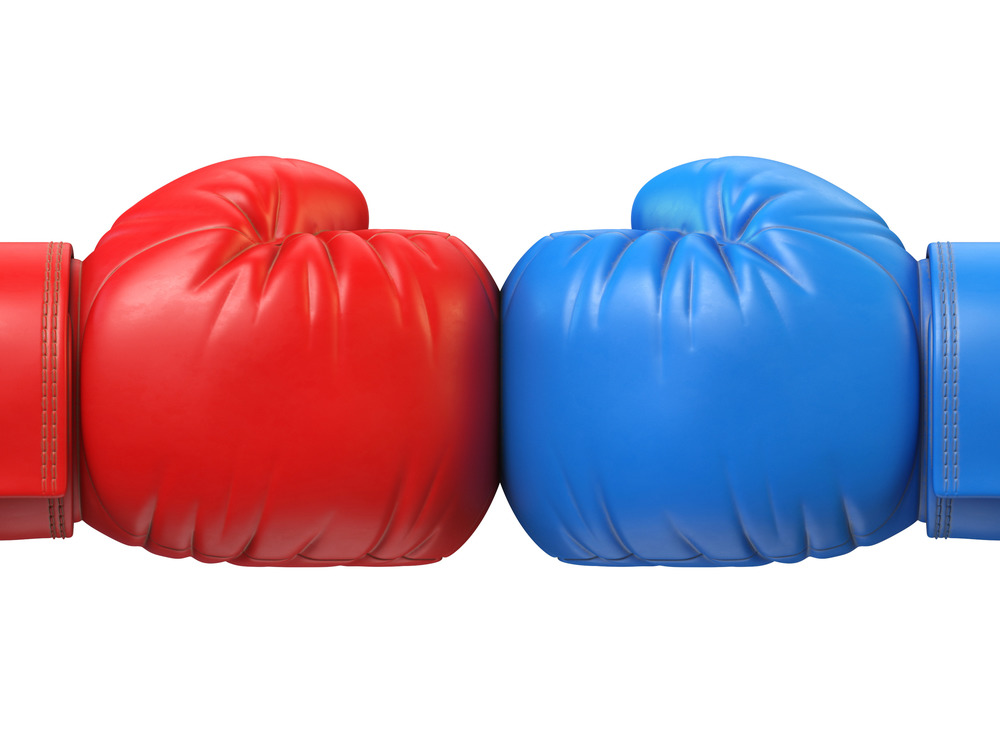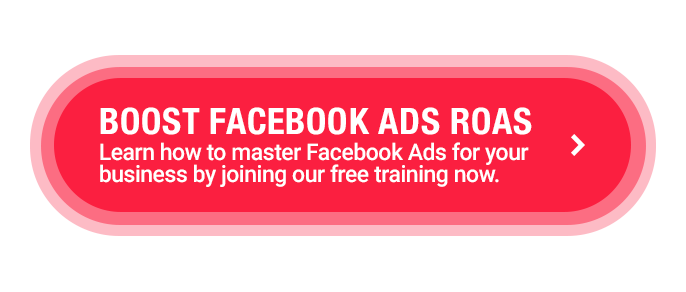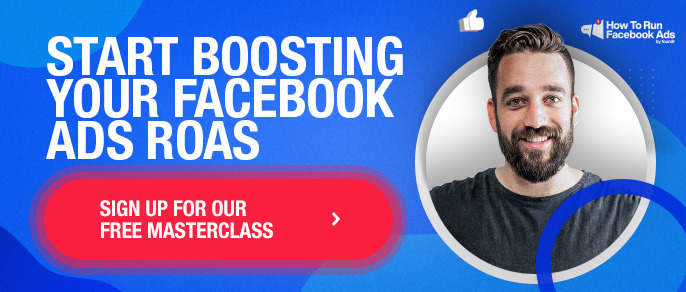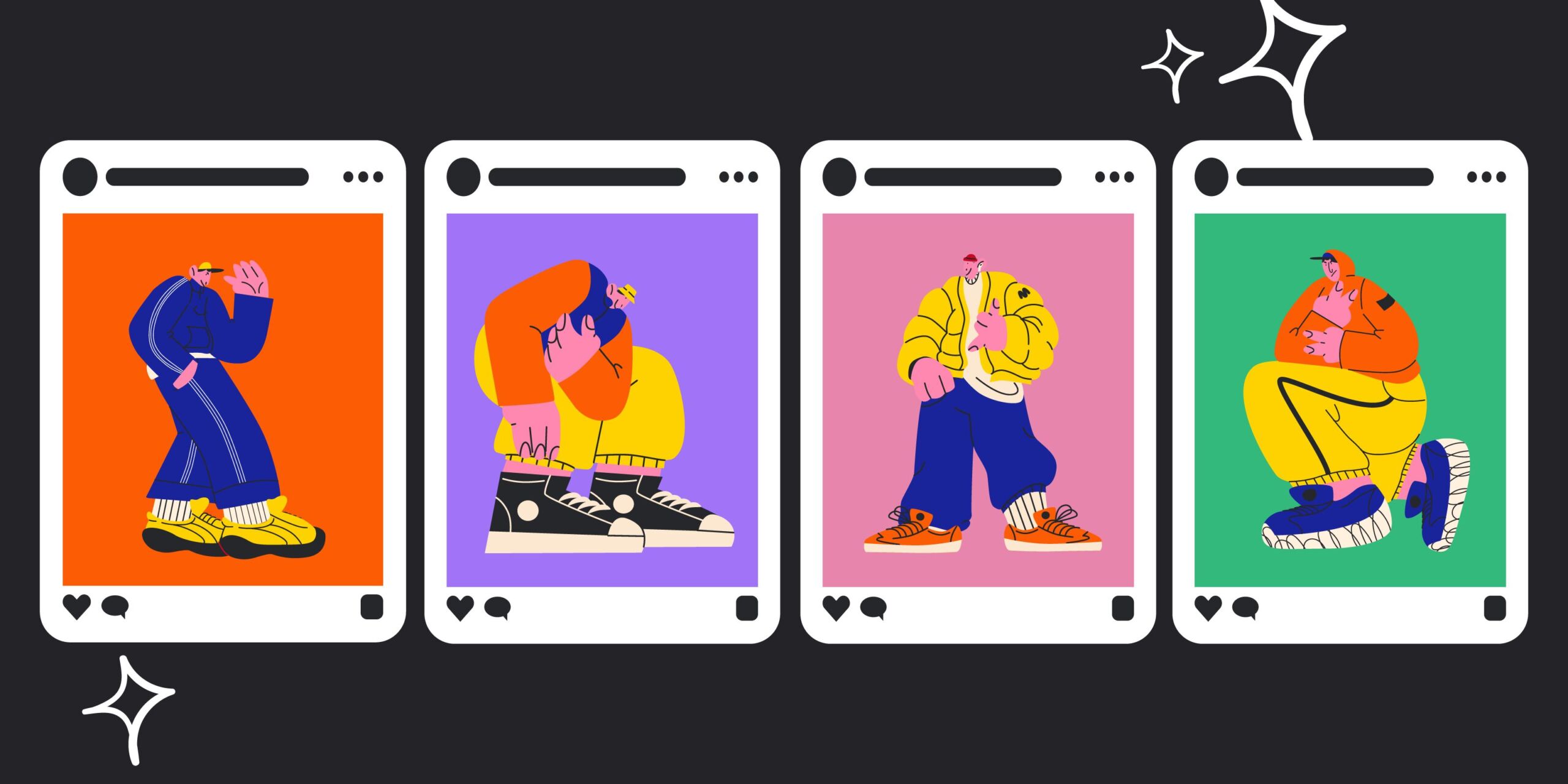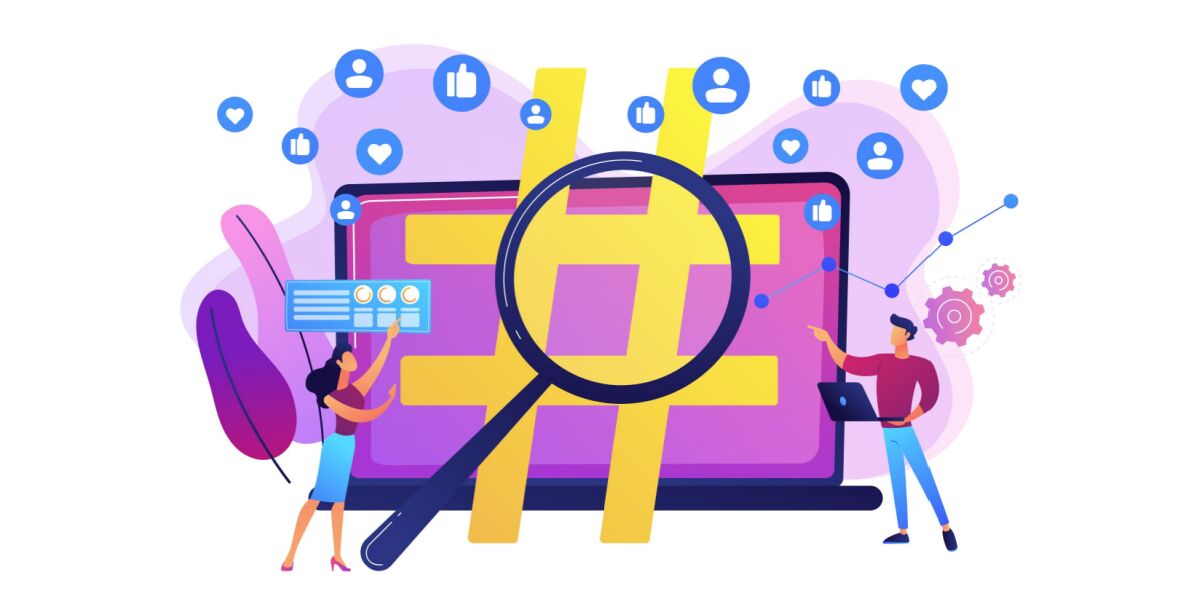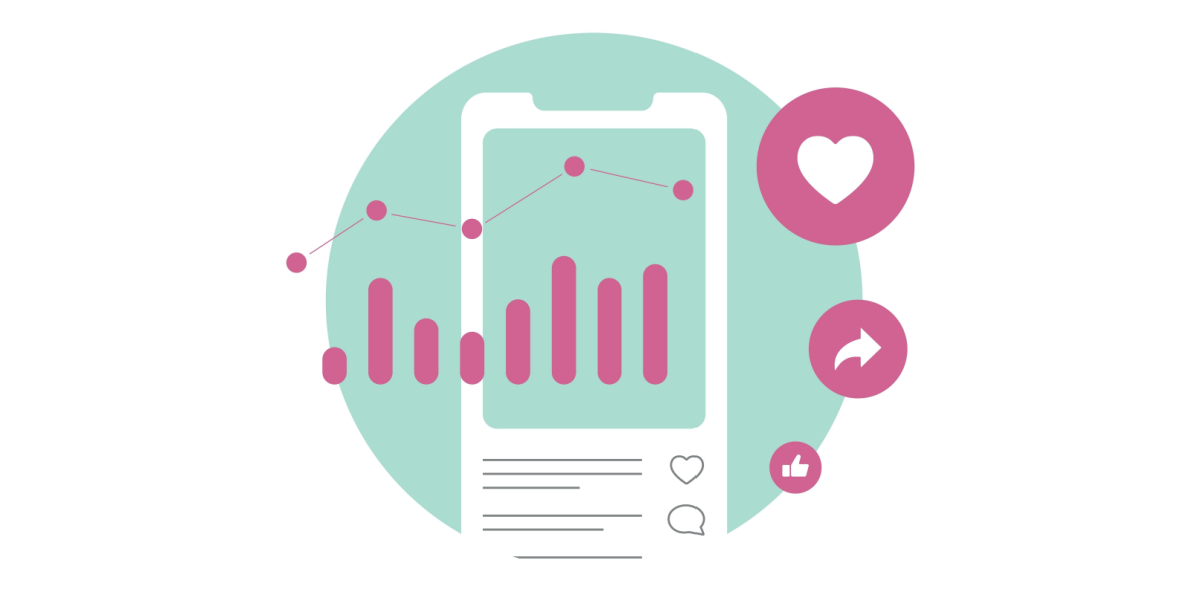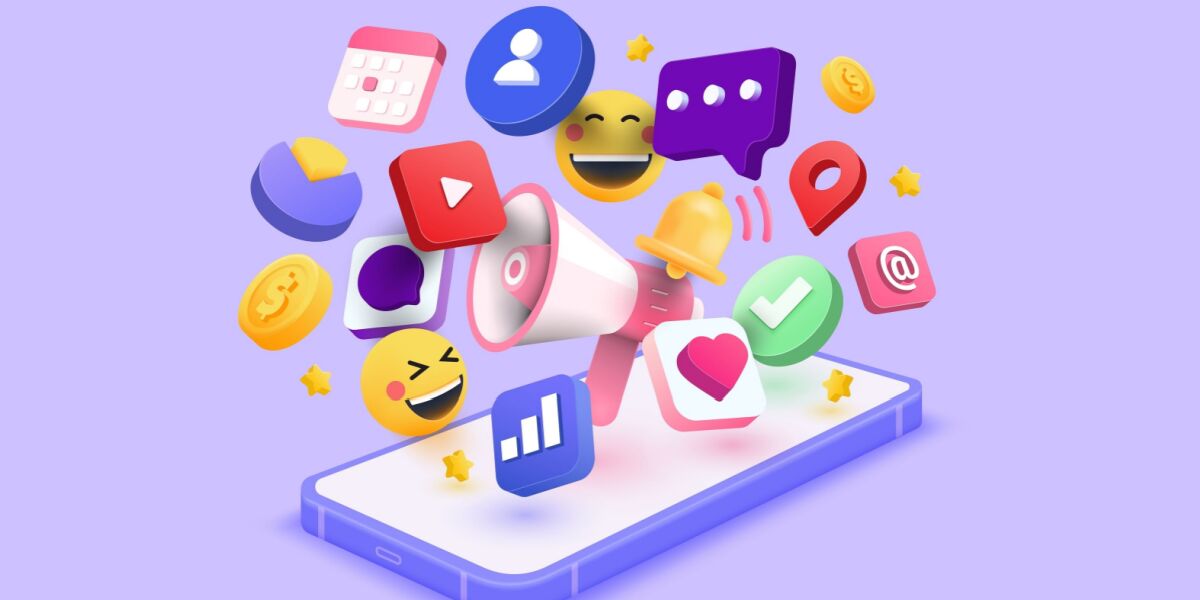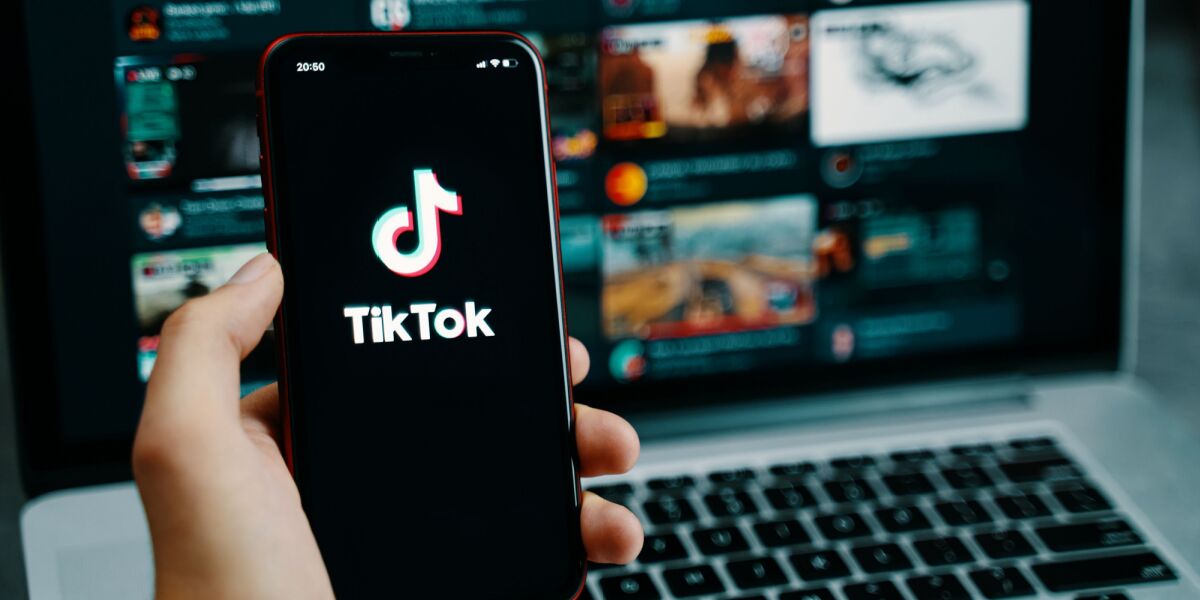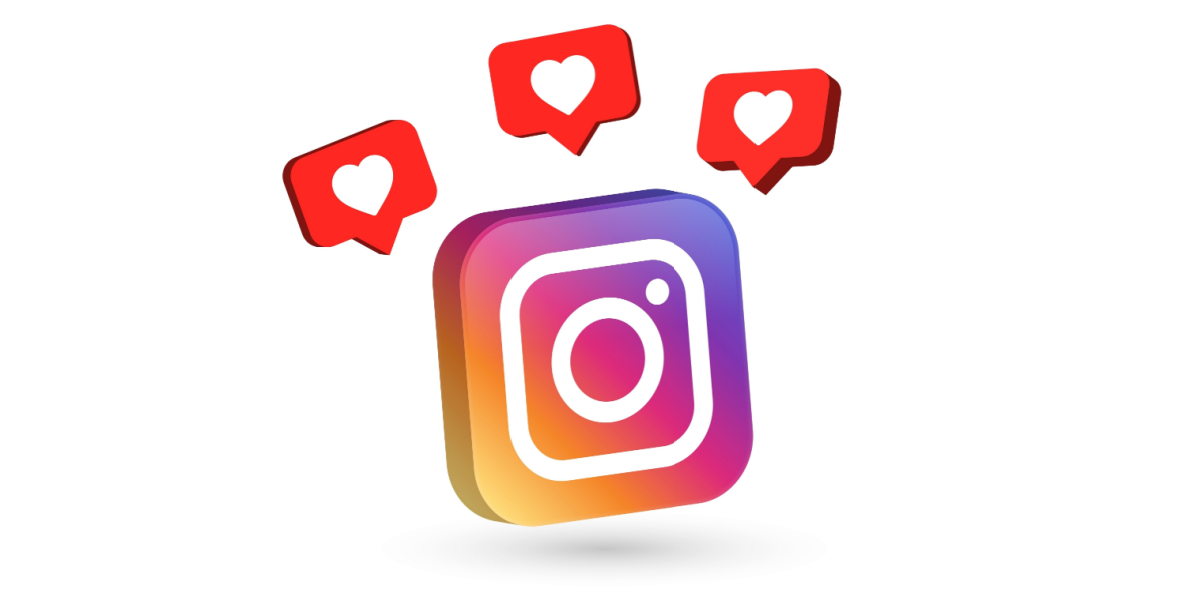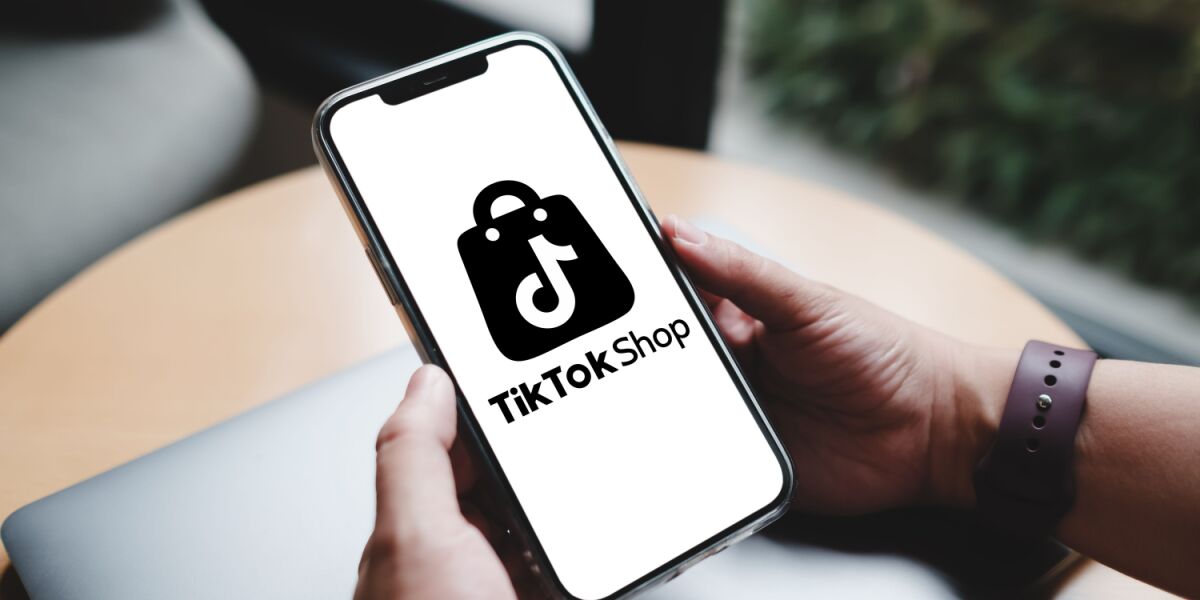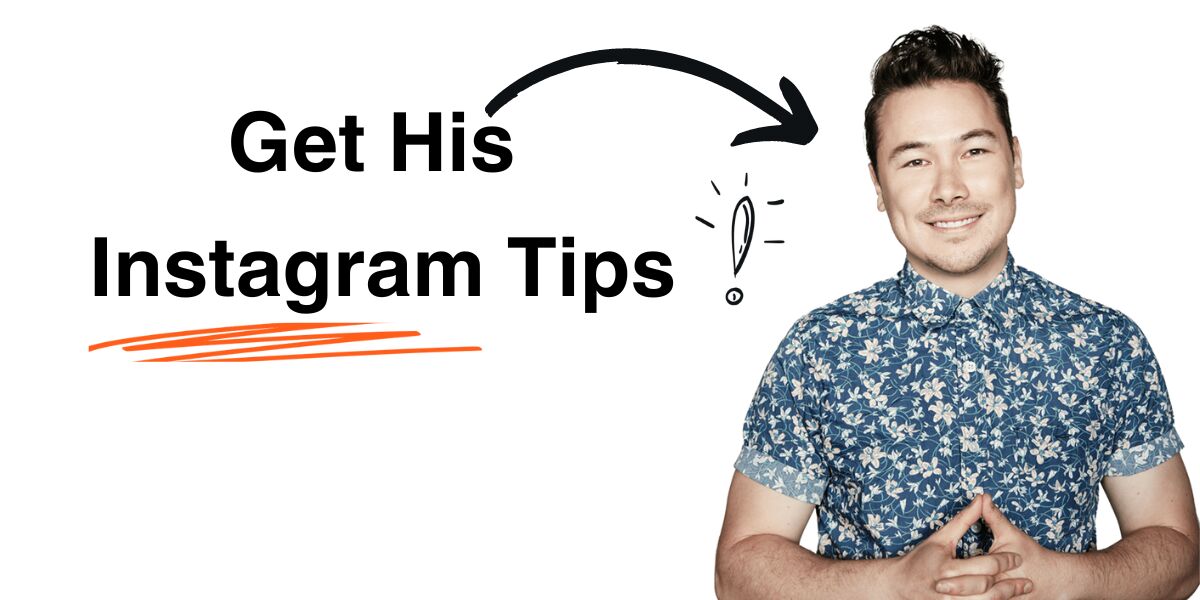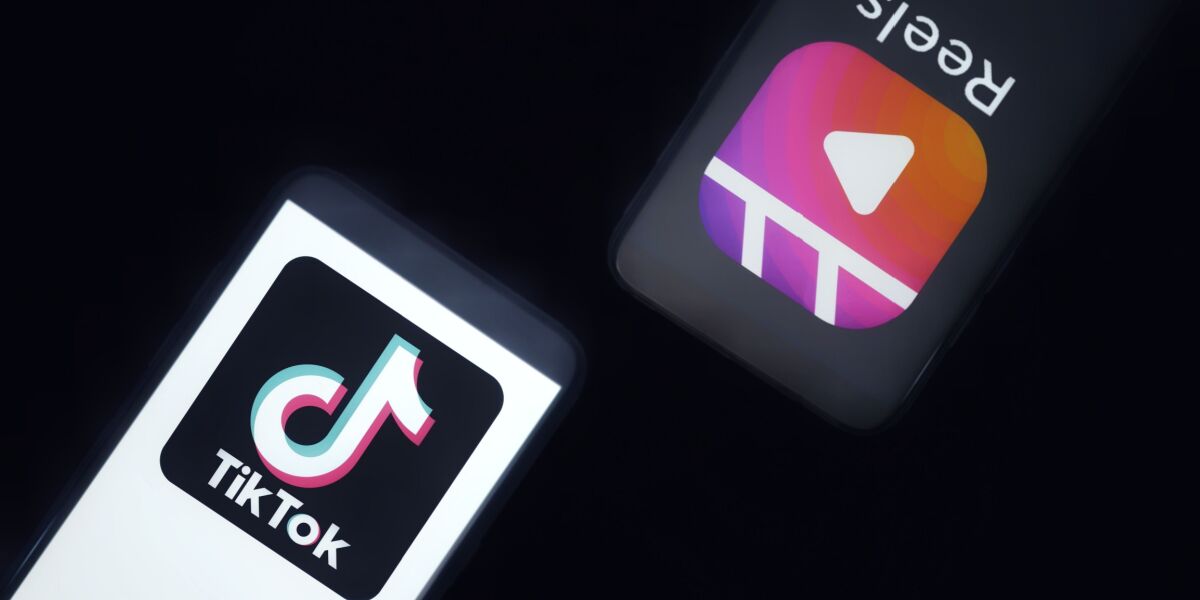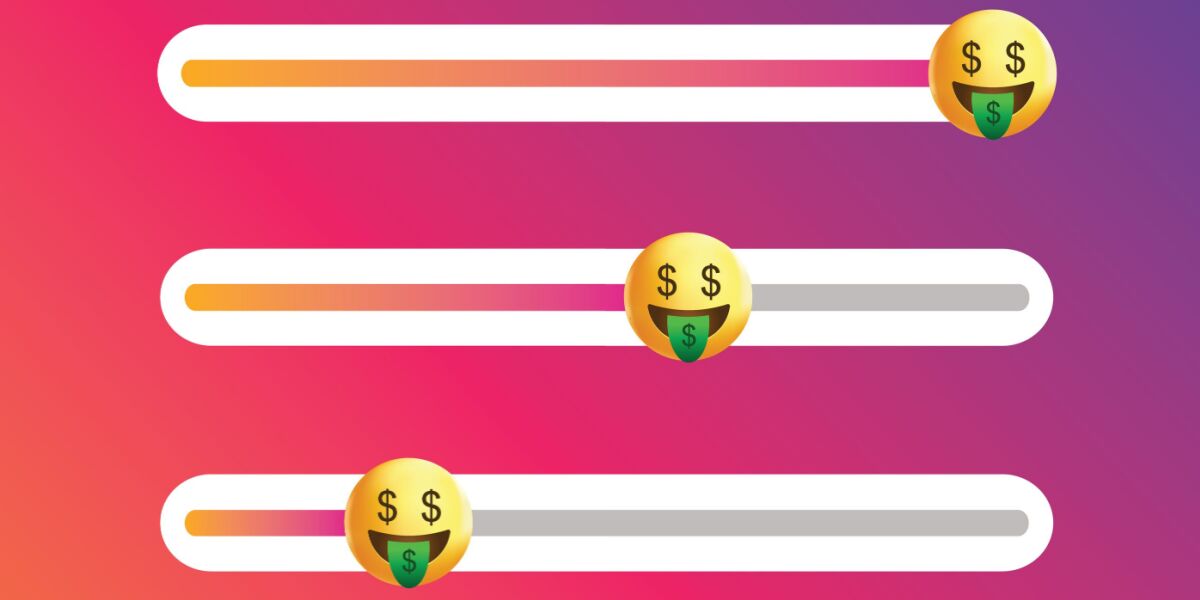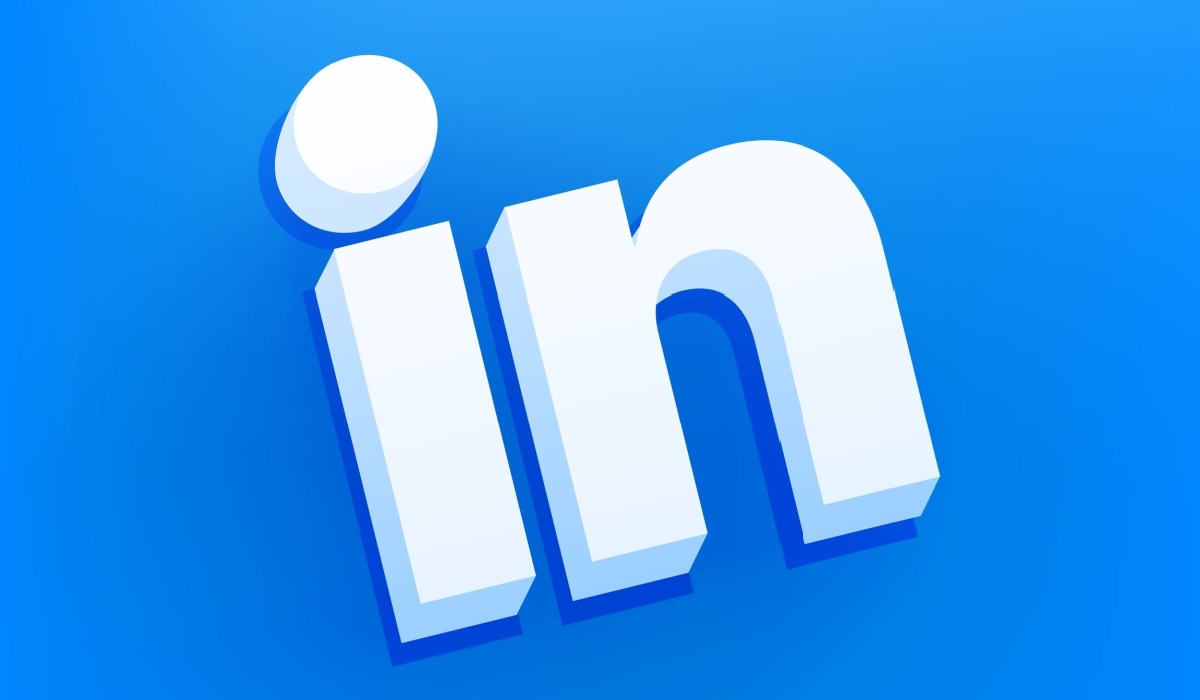You see thousands of advertisements a day. While you’re aware of some of them, most just whizz past. Marketers often speak of “banner blindness,” which is a curious ability we’ve developed since the advent of modern online advertising.
buy valtrex online buy valtrex online no prescription
Our brains simply block out elements on the screen that look like ads.
“It takes a big idea to attract the attention of consumers and get them to buy your product.” said the legendary advertiser David Ogilvy. “Unless your advertising contains a big idea, it will pass like a ship in the night.”
Bear in mind that Ogilvy said this before the internet even existed. If he had witnessed the ad overload we’re experiencing today, he probably would’ve updated his comment to “Unless your advertising contains a big idea, it will pass along with the fleet of thousands of other ships in the night.”
So what’s the big idea? It is an underlying message compelling enough to get noticed. If you’re lucky, it might even get acted upon.
But coming up with a big idea is only half the battle because you then need to decide how to broadcast your idea. In Ogilvy’s day, there was mainly print, radio, television, and outdoor. Now we have thousands of online platforms and it can easily get overwhelming.
Here’s what you need to know: Google Ads and Facebook Ads are 2 of the very best. But determining which one reigns supreme is going to take some effort. Let’s get started.
Google Ads vs Facebook Ads
When it comes to pay-per-click (PPC) advertising, there are Google Ads, Facebook Ads, and everybody else. In situations where there are 2 undisputed leaders, it’s easy to fall into tribalism. For example, you either line up early for the next iPhone release or you’re an ardent Samsung fan.
But you don’t need to choose one or the other. Working in tandem, these 2 ad platforms can be an unstoppable force for your business. To understand how they can coexist, we’ll review some of the key similarities and differences.
Google Ads
This is the most expansive and widely used PPC platform on earth. Does that mean it’s the best? Perhaps. But it’s important to remember that for many years, Two and a Half Men was the most popular comedy on network television when in reality, there were about 257 television shows that were far better. It would seem that the old saying that you can’t teach taste certainly applies to television audiences.
In the case of Google Ads, however, the juggernaut is definitely deserving of its popularity. Google currently owns about 92% of the search engine market, with Bing claiming the runner-up position with a paltry 2.48%. That means billions of people are using Google as their conduit for information.
When you bid on keywords through the Google Ads platform, you’ll have the opportunity for your ad to appear in results where it’s relevant to the content being searched. So if you were a marketing consultant in Auckland and your neighbor happened to search for “marketing consultants in New Zealand,” your ad could potentially be displayed on the results page.
Google carefully manages its ad system to ensure relevant matches between ads and search results. Because if your neighbor searches “marketing consultants in New Zealand,” and an ad appears for an interior decorator in Los Angeles, Google loses credibility.
Given the amount of money and effort that Google invests into improving its search results, you can rest assured that your Google Ads are in good hands. The more accurate and quality your ad is, the better odds you have of being featured. Google wants your ad dollars, but certainly doesn’t need them. The Google Ads system’s top priority is to protect the brand and deliver a great user experience.
Google Ads aren’t sophisticated in appearance, as they’re typically limited to text. But you get a robust suite of tools that help you engineer the best ad performance. For example, you can use location targeting to get the best ROI on your ad spend. You can also add features such as customer reviews or ad extensions to make your ad more engaging.
Even though Google is an amazing platform, the results are seldom amazing right out of the gate.
“Most Google campaigns, no matter what kind of ecommerce product you’re selling, lose money at launch,” explains marketing expert Geoff Yu. “First, because it takes a few days for any campaign to hit its stride. Second, because you haven’t been able to perform the optimization your competitors have. Doing your homework makes this rough time at the beginning shorter […] your goal shouldn’t just be figuring out how to advertise on Google without losing money, but how to make the best use of that money.”
When you approach your Google Ads efforts with patience and experimentation, you’ll set yourself up for sustainable success.
Facebook Ads
Just as Google dominates the search world, Facebook also has the most users of any platform. The market share might not be as staggeringly large as Google’s, but Facebook still has more than 2 billion users around the world.
buy amoxil online buy amoxil online no prescription
While Google Ads leverage a user’s search terms to deliver relevant content, social advertising such as Facebook ads are served up to users based on their interests, behaviors, demographical data, and location. Because of the astounding amount of data that Facebook gathers, you are able to target your ads with precision.
Because Facebook is an interactive platform with images, video, music, and games, it stands to reason that the ads can be more dynamic than the text format you get with Google Ads. Within the Facebook ad family you can choose from options such as:
- Image ads
- Video ads
- Carousel ads
- Slideshow ads
- Collection ads
- Instant experience ads
- Lead ads
In recent years, Facebook has relaxed some of its formatting rules that sometimes made it difficult to create qualifying ads. For example, you are now able to use more text within an image ad, making it easier to include prominent headlines. This diversification of options has created an even bigger gap between Facebook Ads and Google Ads when it comes to customization.
Of course, this versatility is obsolete for those who don’t understand how to use it. Just as there are notes on a harmonica that only a talented musician can hit, there are opportunities with Facebook Ads that you need to be educated on.
“In 2016 I began buying clicks on Facebook,” says Nick Shackelford, co-founder and managing partner of Structured.
“As a Facebook-specific company, Facebook is everything to us. It has provided us the opportunity to help over 100 brands in a short period of time. The one thing I wish I’d known before starting was that I understood the importance of content rotation and various campaign structures within Facebook’s Ads Manager. Facebook is only as good as the user. It is a tool used to acquire new customers and it is up to the brands or business owners to understand the reasons why a consumer will purchase or opt-in.”
The various Facebook ad options allow you to put together multi-faceted campaigns that use specific formats to target your audience segments. Given the effectiveness of this varied approach, you can see how Google Ads often make the perfect complement.
Google Ads vs Facebook Ads: The Verdict
Here’s a quick breakdown of the key advantages offered by these 2 ad platforms.
Google Ads
- Targeted to active searches
- Easier to get started
- More streamlined management
- Ads are served on more platforms
Facebook Ads
- Dynamic ad options
- Better targeting tools
- More affordable
- More control
If you’re a new entrepreneur looking to try online advertising for the first time, Google provides the smoothest path. The ads are simple to create and the Google Ads dashboard makes it easy to control your campaigns and make adjustments.
For those who want versatility, Facebook is impossible to beat. You can choose from several different ad formats and target various segments with stunning accuracy.
We recommend using these 2 platforms together, rather than against one another. The distinct advantages of each make it impossible to compare apples to apples. Honestly, can’t these platforms just remain friends?
But if you insist on knowing who we believe is the superior platform, the answer is Facebook Ads. The vast data collected by Facebook allows you to engage your chosen audience in unprecedented ways. You’re given versatile options and a mountain of user intel. On top of all that, the cost to advertise with Facebook is typically lower than with Google.
You can expedite the learning process and become a Facebook Ads pro by checking out Nick Shackelford’s How to Run Facebook Ads masterclass. It provides expert insights that will help you create effective ads and enjoy a favorable ROI.
